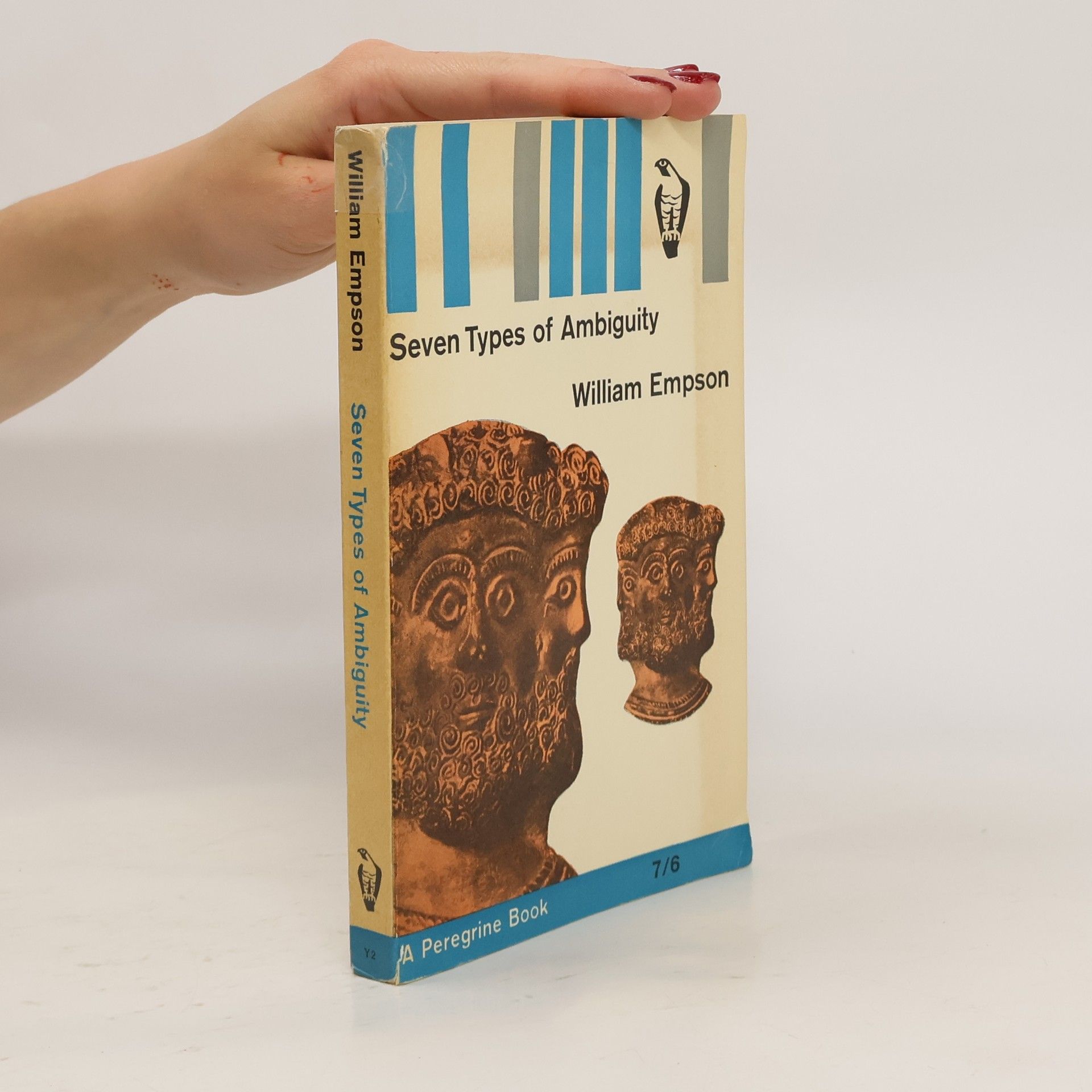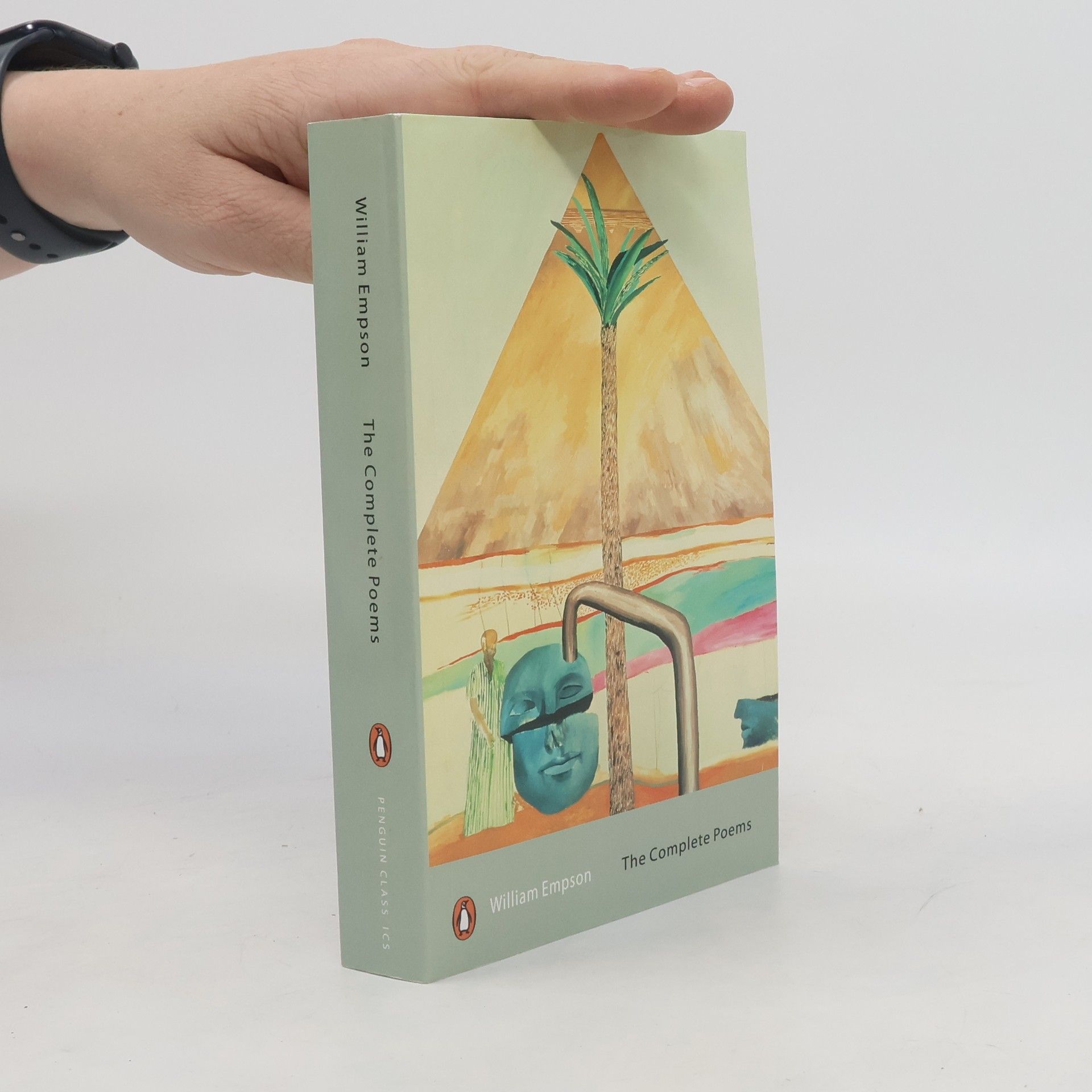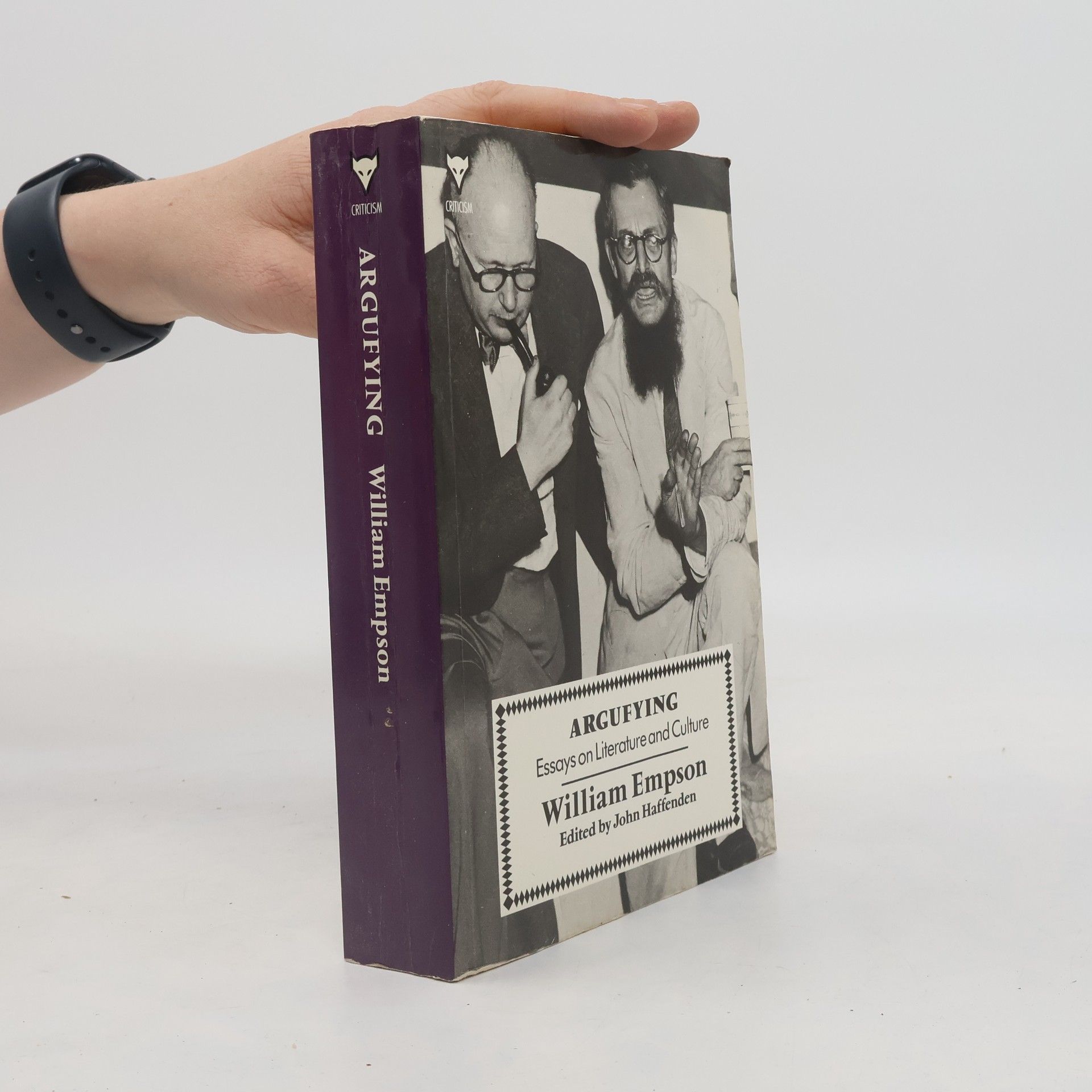Milton's God
- 288 stránek
- 11 hodin čtení
Book by Empson
William Empson byl anglický literární kritik a básník, známý svým precizním čtením literárních děl, které ovlivnilo Nové kritiky. Jeho styl, často popisovaný jako vtipný a excentrický, mu vynesl pověst kritika geniality, ale i kontroverzního, někdy až "licentovaného šaška". Empsonova práce je ceněna pro svou sílu a nekonvenční přístup, což z něj činí jednu z nejvýznamnějších postav literární kritiky 20. století.






Book by Empson
Book by Empson, William
Some Versions of Pastoral is considered a landmark of modern literary criticism. Mr. Empson sees the pastoral convention as including not only poems of shepherd life but any work "about the people but not by or for" them. Finding examples in the writing of every country and century, from Mencius to William Faulkner or Céline, he concentrates on an analysis of certain works and forms in English literature, several of them, like Alice in Wonderland , Troilus and Cressida , and proletarian novels not traditionally considered pastoral. His chapter on Milton and Bentley is a precursor of Mr. Empson’s 1961 book, Milton’s God . With virtuoso clarity and perception throughout he brings the student to a new awareness of hidden values in individual works and to the creative possibilities of the language.
Empson has long been applauded for the dazzling intelligence and emotional passion of his poems. Praised in his lifetime by the likes of T.S. Eliot, Dylan Thomas and John Betjeman, his reputation contines to be high. His poems take a wide range of themes from metaphysics to melancholy, social climbing to political satire, and from love to loss. schovat popis
Examines seven types of ambiguity, providing examples of it in the writings of Shakespeare, Wordsworth, and T.S. Eliot.
{ 15.34 x 23.59 cms} Leather Binding on Spine and Corners with Golden Leaf Printing on round Spine (extra customization on request like complete leather, Golden Screen printing in Front, Color Leather, Colored book etc.) Reprinted in 2017 with the help of original edition published long back [1938]. This book is printed in black & white, sewing binding for longer life, printed on high quality Paper, re-sized as per Current standards, professionally processed without changing its contents. As these are old books, we processed each page manually and make them readable but in some cases some pages which are blur or missing or black spots. If it is multi volume set, then it is only single volume, if you wish to order a specific or all the volumes you may contact us. We expect that you will understand our compulsion in these books. We found this book important for the readers who want to know more about our old treasure so we brought it back to the shelves. Hope you will like it and give your comments and suggestions. - English, Pages 308. EXTRA 10 DAYS APART FROM THE NORMAL SHIPPING PERIOD WILL BE REQUIRED FOR LEATHER BOUND BOOKS. COMPLETE LEATHER WILL COST YOU EXTRA US$ 25 APART FROM THE LEATHER BOUND BOOKS. {FOLIO EDITION IS ALSO AVAILABLE.} Complete English pastoral poetry 1938 William Empson